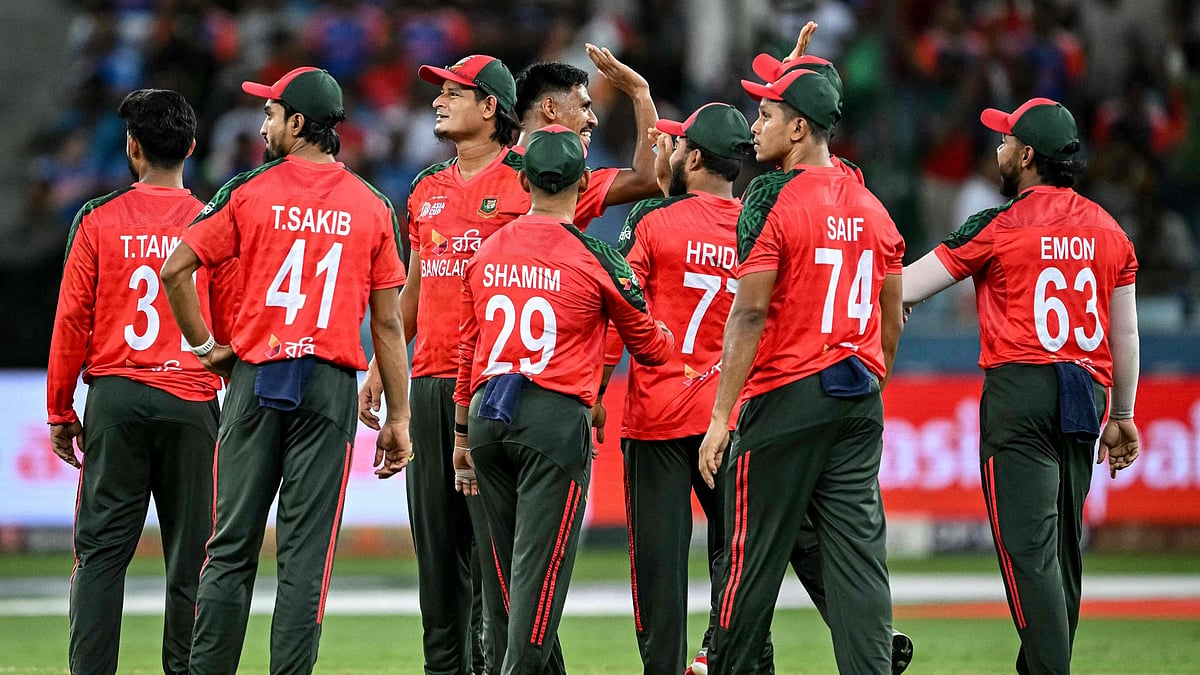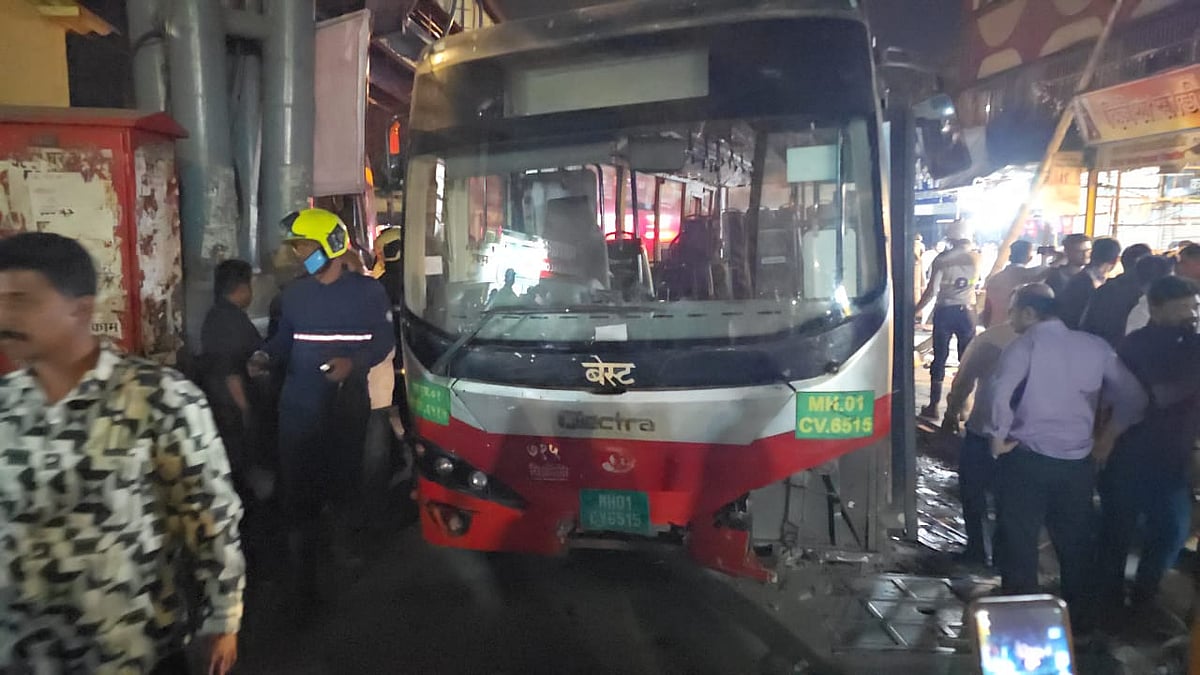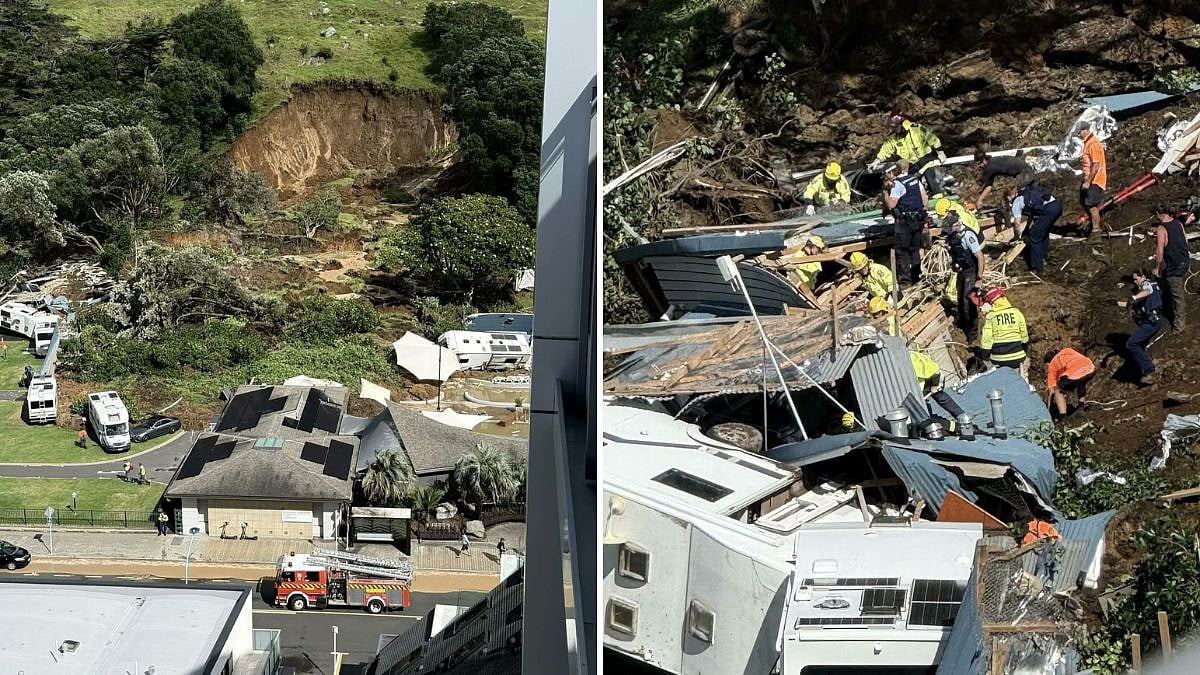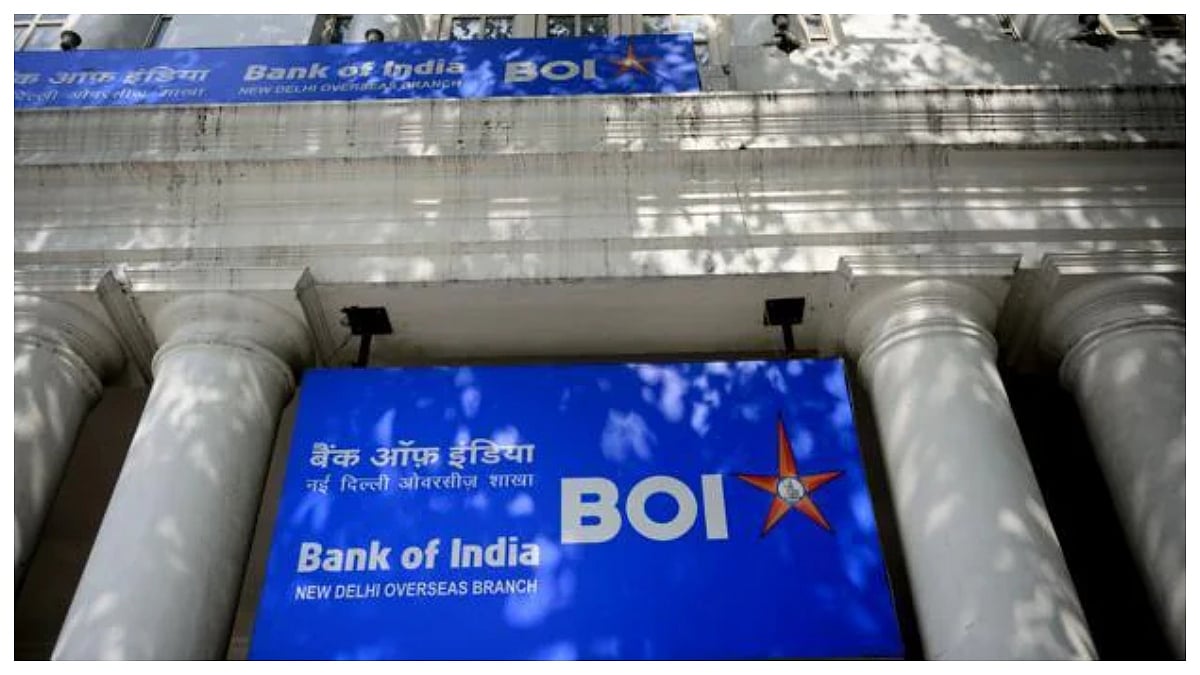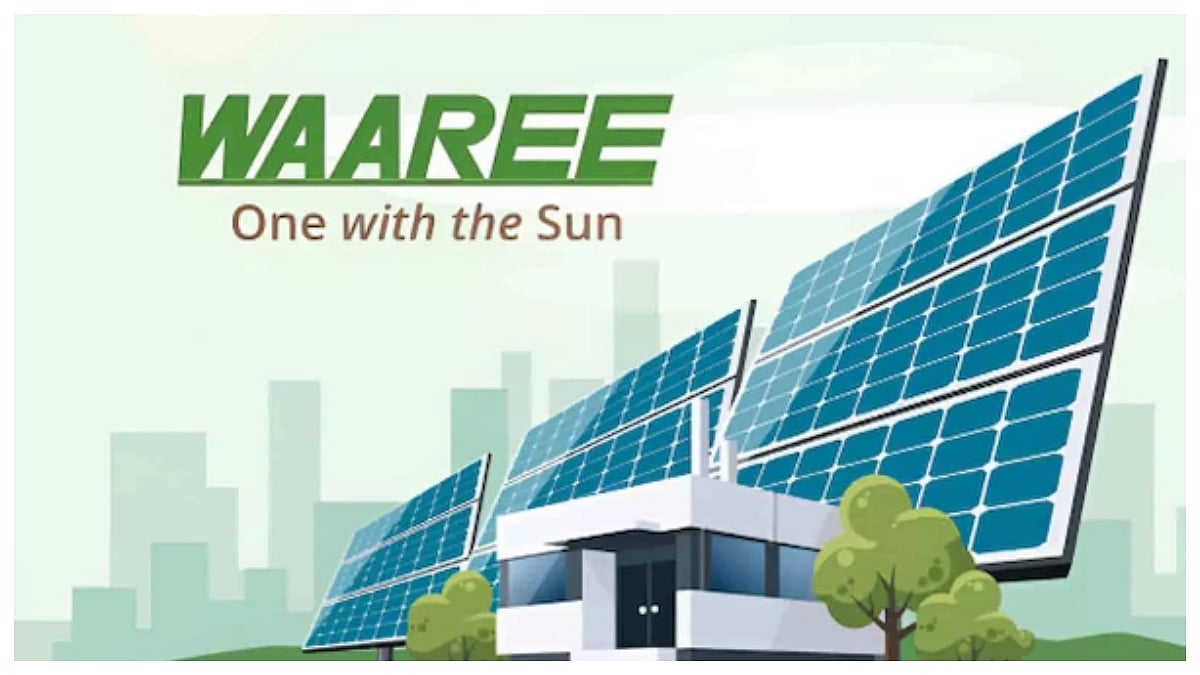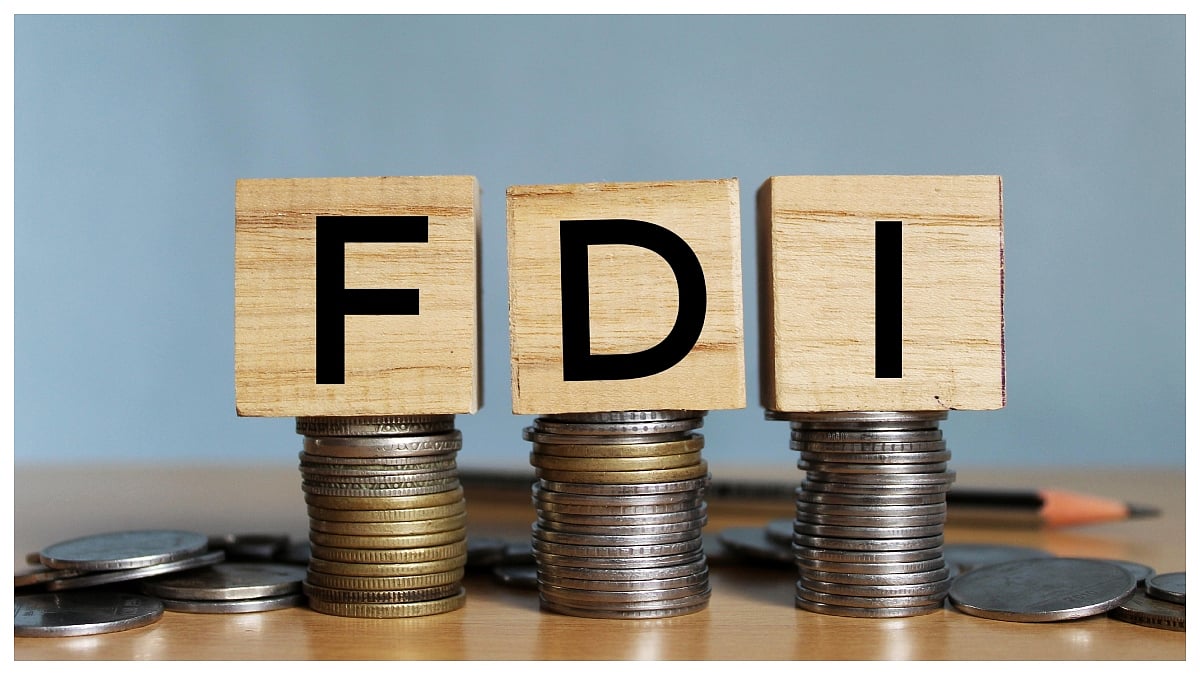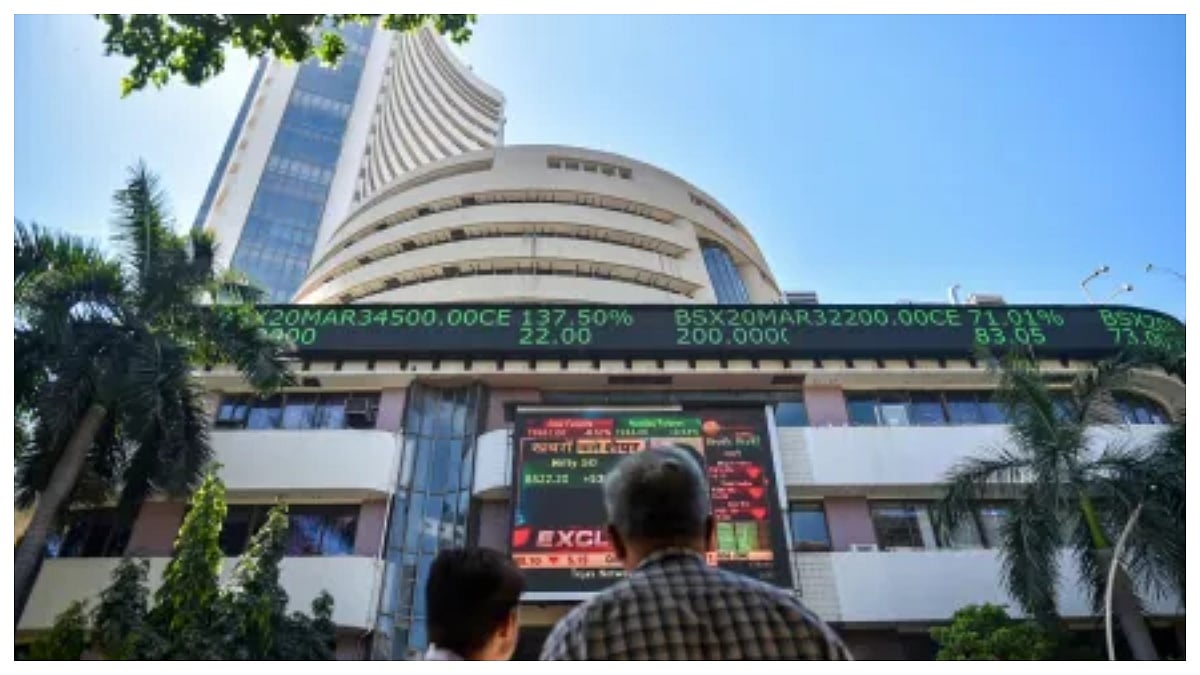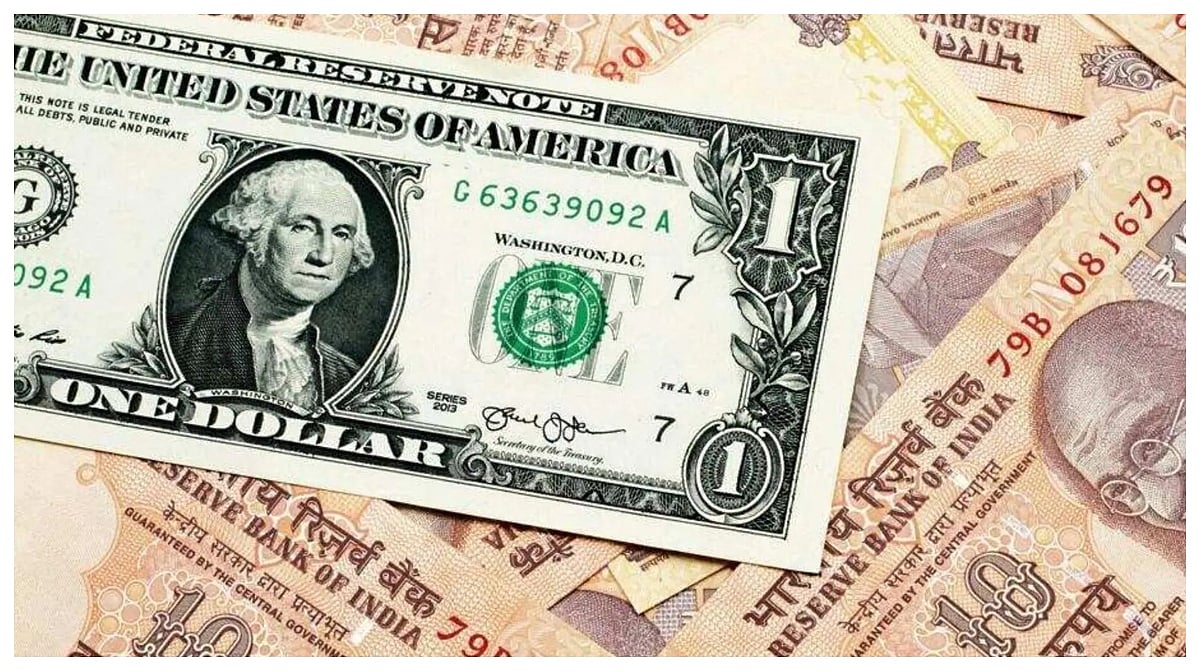According to Deloitte Touche, electric vehicle sales in India are expected to witness a four fold rise in India, after a whopping 635% surge in the first quarter of 2022. As of now more than 13 lakh EVs have hit Indian roads, with two wheelers dominating 57% of the sales. But despite the growth, the country has little more than 2000 chargers, which is less than one unit for 1000 EVs.
As global players turn their attention towards India’s thriving market, British oil and gas giant Shell is set to deploy 10,000 EV charging points across the country. As part of its global e-mobility strategy, the firm has already deployed its first chargers for e-cars and electric scooters in Bengaluru. It plans to install chargers at its fuel stations, offices, malls and residential areas by 2030.
With a high concentration of e-scooters, India is also Shell’s first market for two wheeler chargers, which are fully powered by green energy. Apart from 1200 planned fuel stations, the charging points will also be available at standalone EV hubs and tourist destinations. These chargers will be backed by 100 kilowatts of direct current, for quick charging and lower dwell time.
Local players already leading the race
Currently Tata Power is leading the race to set up an EV infrastructure, complementing its electric vehicle business which has captured 87 per cent market share. The company has more than 2000 public chargers in 170 cities, along with 13,000 home chargers.
The second biggest player in India’s EV sector is Morris Garage with an 11 per cent market share. Among global giants, Tesla slammed brakes on its entry into India after talks to import cars from the US at lower tariffs failed to make headway.

